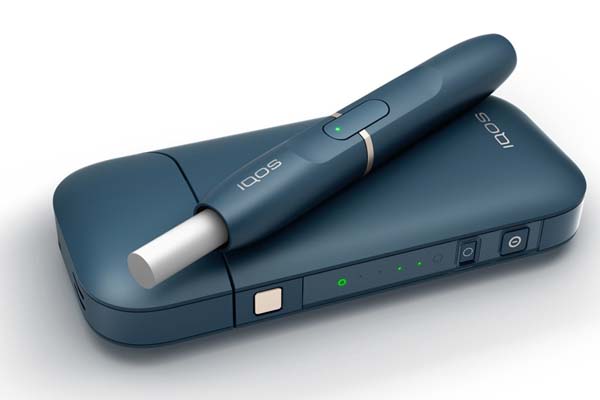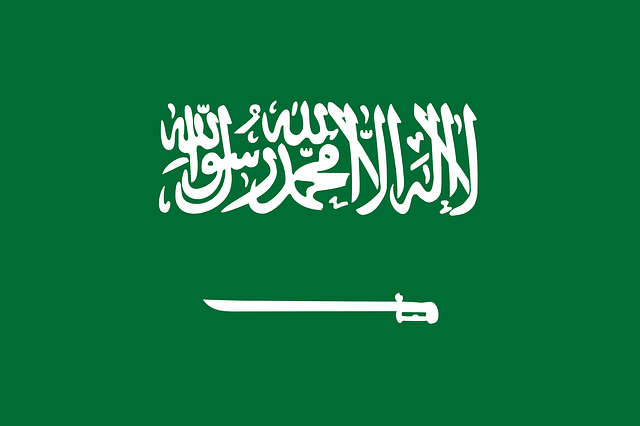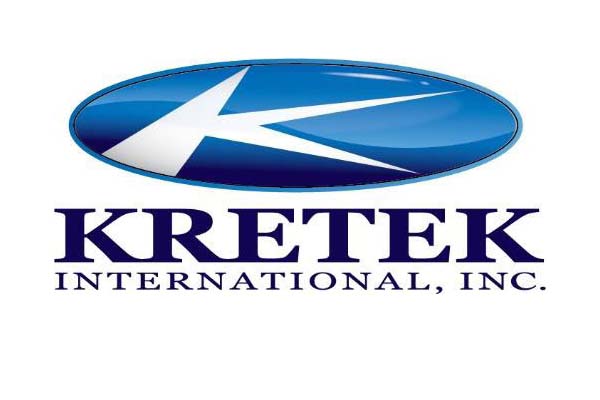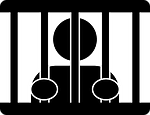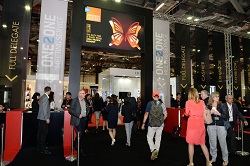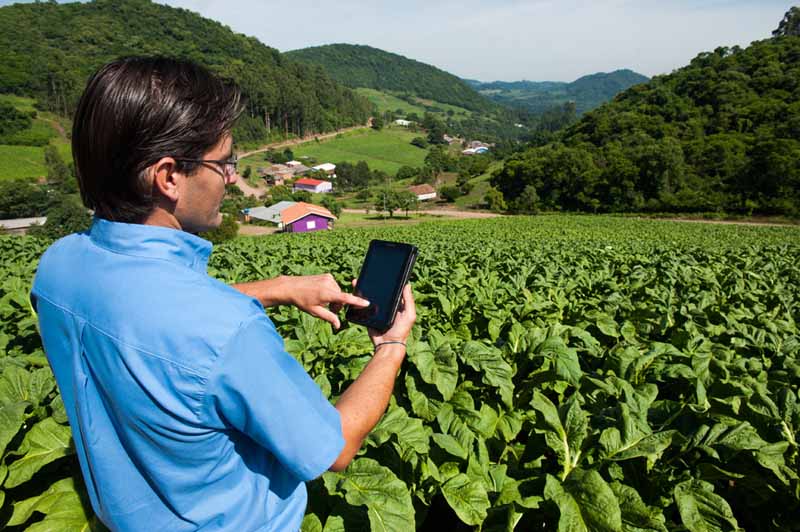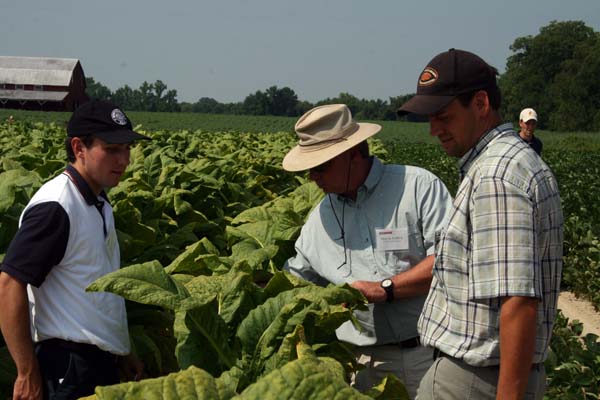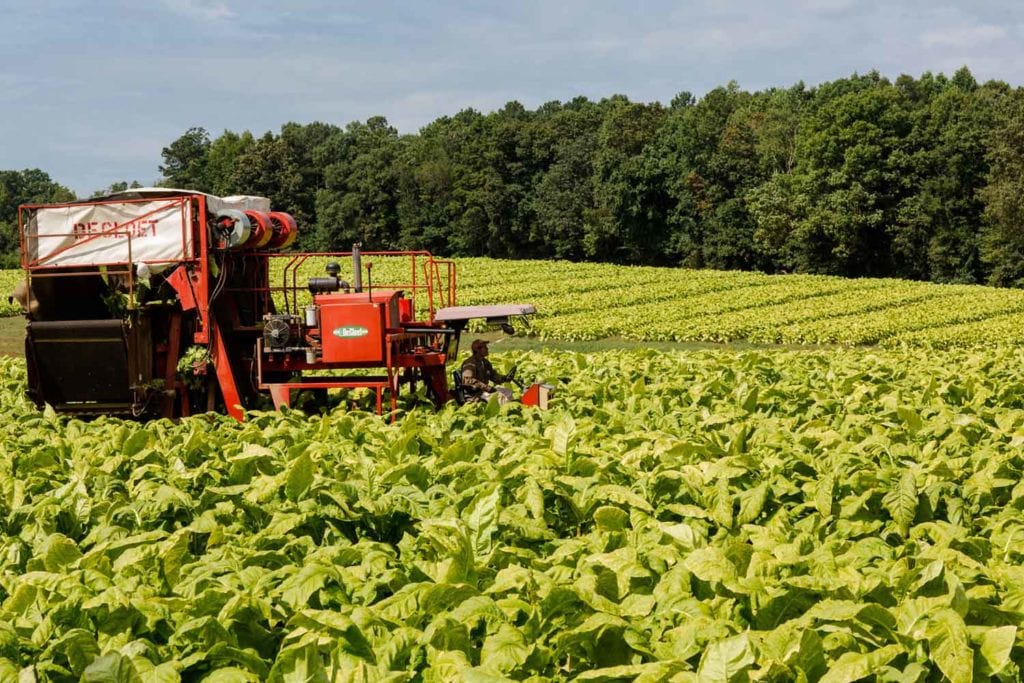The South Korean Health Ministry announced on May 21 that the graphic warnings on cigarette packs will be larger and all bright colors and logos must be eliminated, according to reports in The Korea Times and Yonhap News. The new measure stipulates that pictorial health warnings must cover 75 percent of tobacco packs, up from the current 50 percent.
All tobacco products will be required to be sold in plain standardized packaging, which prevents manufacturers from using brand colors, logos and imagery on the pack and permits them to print only the brand name in a mandated size, font and place. Eight other countries—Australia, Britain, France, Norway, Ireland, New Zealand, Hungary and Slovenia—already enforce similar measures.
The ministry will also ban tobacco producers from using cartoon characters in their ads, while mandating anti-smoking ads in the introduction of dramas and movies containing smoking scenes.
In addition, the ministry is set to prohibit smoking inside public facilities. Currently, people cannot smoke inside public buildings with a gross floor area of 1,000 square meters or above, and the threshold will be lowered to 500 square meters by 2021 before a complete smoking ban takes effect in 2025.
Anti-smoking education will be provided at daycare centers, kindergartens and schools. To this end, practical programs and educational materials will be developed and distributed, while a program helping schools manage smoking students will be devised.
Electronic cigarettes, which have been cited for sustaining the number of smokers overall, will also be subject to warning labels on smoke devices, while importers and producers of tobacco will be required to submit detailed information on harmful materials in the goods they handle.
The smoking rate for Korean men was 38.1 percent in 2017, the fourth-highest among the OECD member nations, following Turkey, Latvia and Greece.

